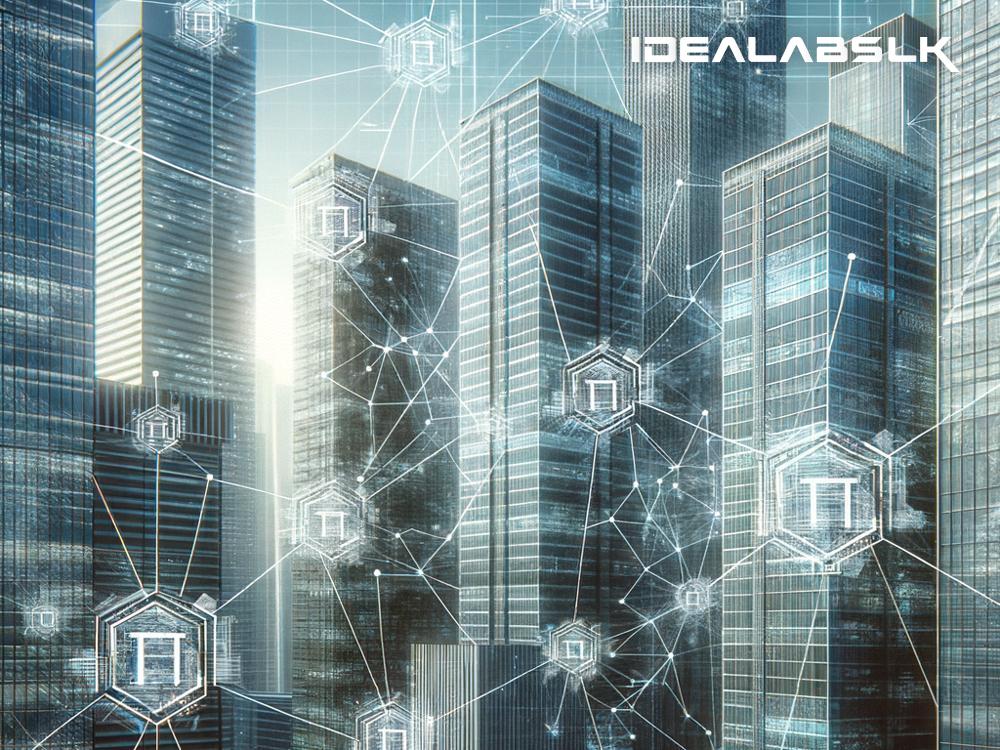Title: Revolutionizing Real Estate: The Power of Blockchain Technology
In the rapidly evolving world of technology, blockchain is a term that’s been echoing across industries, promising a revolution unlike any before. Particularly in the real estate sector, this ingenious technology is paving the way for transformations that are reshaping the industry in ways we never thought possible. But what exactly is blockchain, and how is it making such a significant impact on real estate? Let’s break it down into simple terms and explore this fascinating development.
What is Blockchain?
Imagine a digital ledger that records transactions across many computers in such a way that the registered transactions cannot be altered retroactively. This is the essence of blockchain technology. It's like a digital record-keeping system that's not controlled by any single entity and is incredibly secure due to its complex cryptography. Now, let’s see how this technology is revolutionizing the real estate industry.
- Simplifying Transactions
Traditionally, buying or selling property involves a lot of paperwork, third-party intermediaries like lawyers and real estate brokers, and a considerable amount of time and money. Blockchain technology simplifies this process by enabling peer-to-peer transactions. This means buyers and sellers can interact directly without the need for intermediaries, significantly reducing costs and making the process much faster and more efficient.
- Enhancing Transparency
One of the significant challenges in the real estate industry has been the lack of transparency. With blockchain, every transaction is recorded on a public ledger, providing a transparent and immutable history of property ownership and transactions. This reduces the chances of fraud and makes it easier for buyers to verify property history, ownership, and more, leading to a higher level of trust among parties.
- Tokenization of Assets
Imagine being able to own a piece of a property like owning shares of a company's stock. This is what tokenization offers, and blockchain technology makes it possible. Property ownership can be divided into tokens that are stored on a blockchain, allowing for fractional ownership of real estate. This opens up investment opportunities to a broader range of investors, including those who may not have the substantial capital traditionally required to invest in real estate.
- Streamlining Property Management
Blockchain technology is not limited to buying and selling properties. It also offers incredible benefits in property management. Through smart contracts, which are self-executing contracts with the agreement terms directly written into lines of code, activities such as collecting rent, managing service requests, and even executing lease agreements can be automated. This reduces administrative overhead, improves accuracy, and enhances the overall efficiency of property management.
- Improving Data Security
In a world where data breaches have become all too common, blockchain offers a beacon of hope. The decentralized nature of blockchain, along with its complex cryptography, makes it incredibly secure against hacks and unauthorized access. For the real estate industry, this means sensitive data such as personal client information and transaction details can be stored more securely than ever before.
In Conclusion
The impact of blockchain technology on the real estate industry is profound and multifaceted. From streamlining transactions and enhancing transparency to opening up new investment opportunities and improving data security, blockchain is indeed paving the way for a future where real estate transactions are faster, more efficient, and accessible to a wider range of people.
While we are still in the early stages of adopting this technology, the potential it holds is undeniable. As more and more stakeholders in the real estate industry begin to recognize and explore the benefits of blockchain, we can expect to see even more innovative uses and a continued reshaping of the industry. The future of real estate, powered by blockchain, is not just a possibility; it’s already on its way to becoming a reality.

